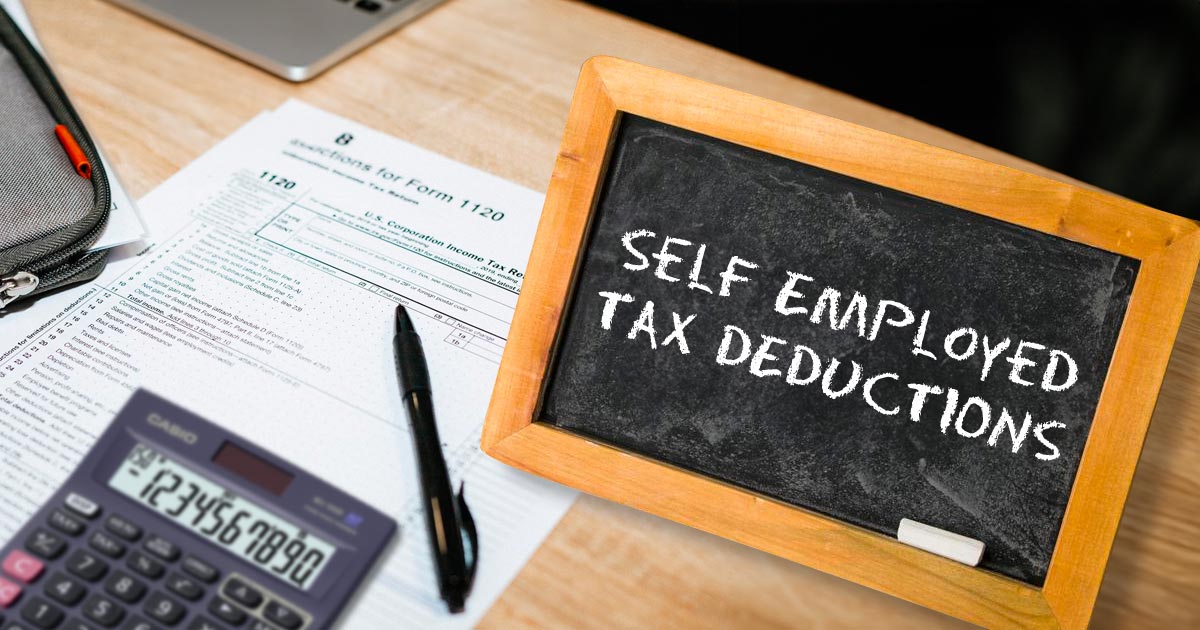Tax Deductions for Self-Employed Individuals

Self-employed individuals may have to do their own deductions because of the many personal expenses that come into play during tax season. Despite the level of income, these deductions can save a lot of money. Let’s look at what independent contractors can deduct and how to make claims for them.
Start-up Costs
It is good news for new business owners that several initial costs are deductible, especially in the first year. Although it usually prefers taxpayers to spread out big expenses over time, the IRS allows you to write off up to $5,000 of start-up costs during your first year in operation.
These are the costs that are incurred at the beginning of a business, such as market research, legal and accounting fees, advertising and travel expenses while setting up. But if you spend more than $50k on start-ups then for each additional dollar over 50k it represents one less dollar towards this deduction.
If you incorporate your company as an LLC or corporation though there could be an additional $5K worth of deduction available towards legal fees and organizational cost associated with incorporating.
Home Office Deduction
A large number of freelancers find that working from home comes with a hefty tax write-off. This might not be the biggest reduction possible but stationery computers furniture etcetera all constitute business expenses which makes them legitimate write offs that relate back to your office space so where better place should we start than there?
However, there are certain criteria which must be met before one can claim home office deductions. First off according to IRS rules this space has got to be used only for work-related activities; secondly if somebody works for a company using such an area both personally and professionally then it cannot be claimed as being their place of business.
Costing A Home Office
When it comes to calculating how much will my home office cost me? There’re two methods: traditional method & simplified method; traditional method; simplified method; Based on the square footage of your office.
Business Travel Tax Credit
For as long as self-employed people use their car for work-related travel, they can reimburse themselves for mileage. However establishing what counts as business or personal miles can sometimes be tricky.
Like the home office deduction you are able to claim mileage under actual expense method or standard mileage rate; standard mileage rate is calculated by multiplying number of miles driven for work with a set rate.
Travel Expenses
Self-employed individuals may deduct travel expenses that are directly tied to their business activity. This includes airfare fees, taxi fares, hotel accommodations and conference tickets among others like meals and baggage fees incurred while travelling for work purposes.
Advertising and Educational Costs
If advertising and educational costs relate directly to one’s business as a professional or freelancer then they can be written off; thus it is important to record such expenses whether they are ordinary advertising expenditures or programs designed to improve skills in conducting business activities.
Self-Employment Tax
Medicare and social security taxes are combined into one current 15.3% self-employment tax. Small business owners freelancers independent contractors etc., can use schedule SE form 1040 or 1040-SR to calculate & deduct their self-employment taxes.
Expenses of Health and Retirement
Health insurance premiums and retirement plan contributions can be deducted from the taxes of self-employed individuals. The IRS has stipulated a maximum contribution limit equal to twenty-five percent of net earnings from self-employment.
Keep Informed
Bear in mind that tax laws change; so while it is necessary to examine these deductions, don’t forget about their transient nature. For a much higher level of skill when it comes to deductibility, bring in a financial planner or tax professional. While there may be fees required beforehand, long-term savings can be achieved by using tax software or seeking help from an expert.

Senior Writer • Business and Information Trends Writer
Lucas writes long-form, investigative articles that explore the deeper implications of business and information advancements.

